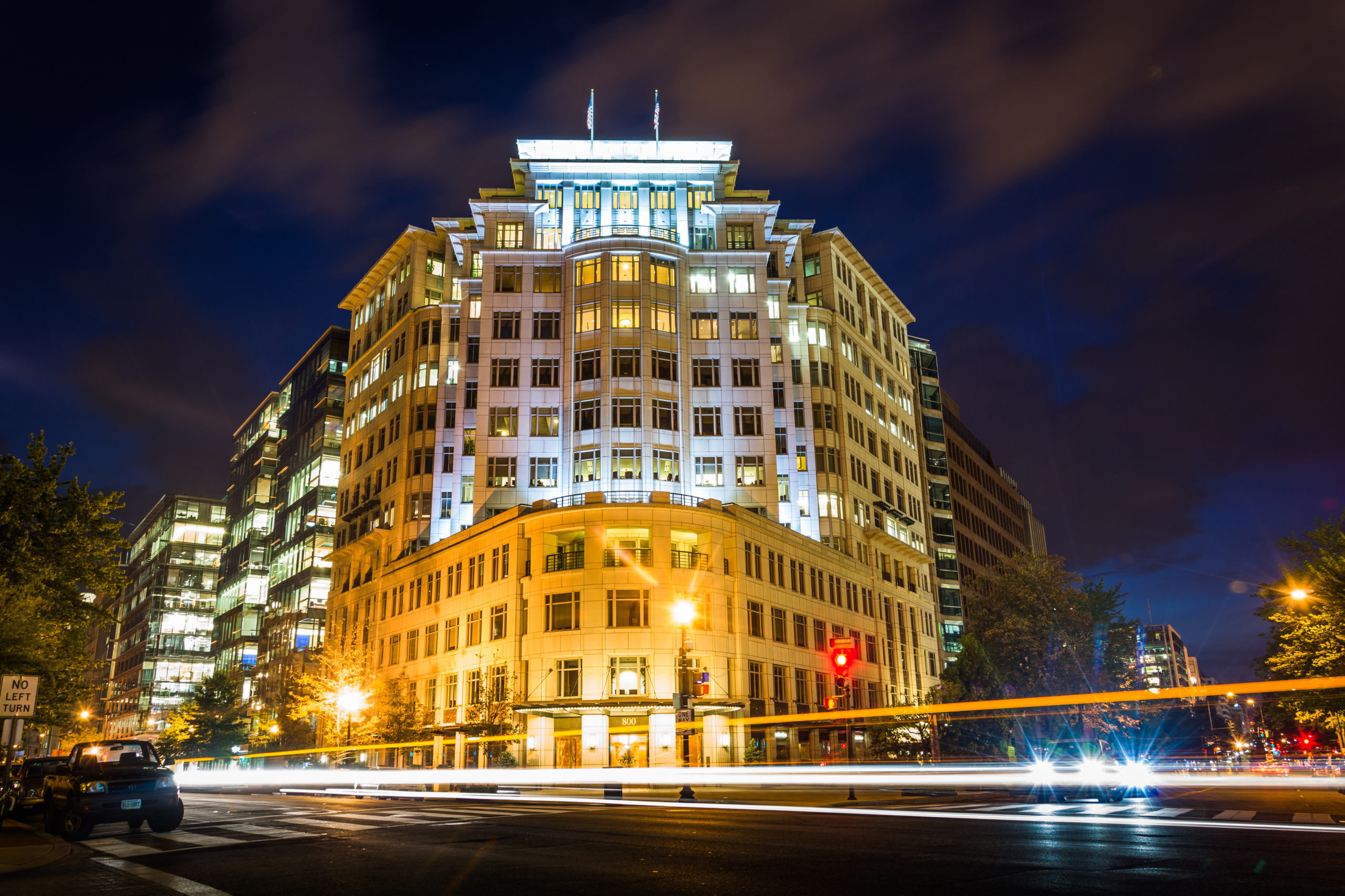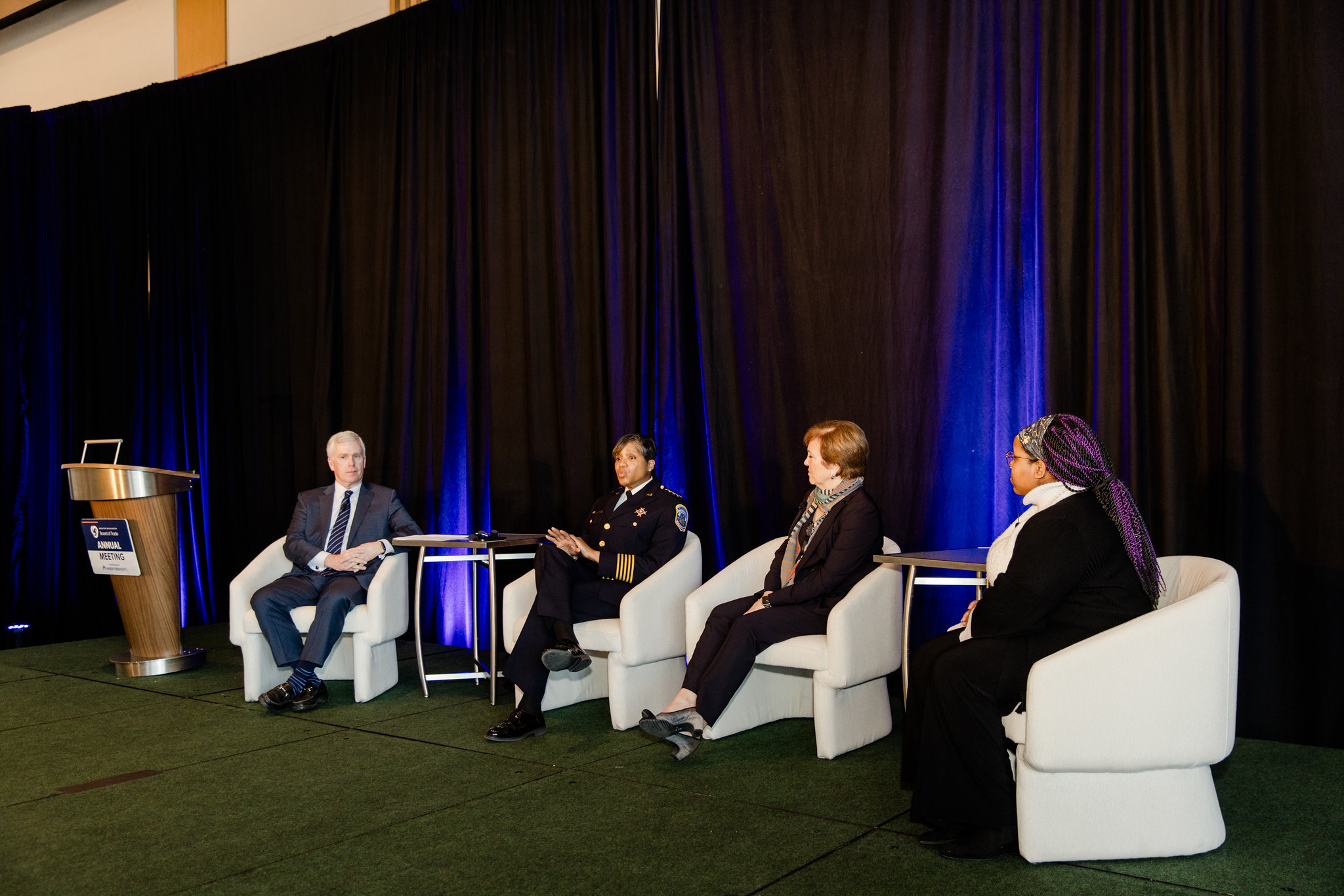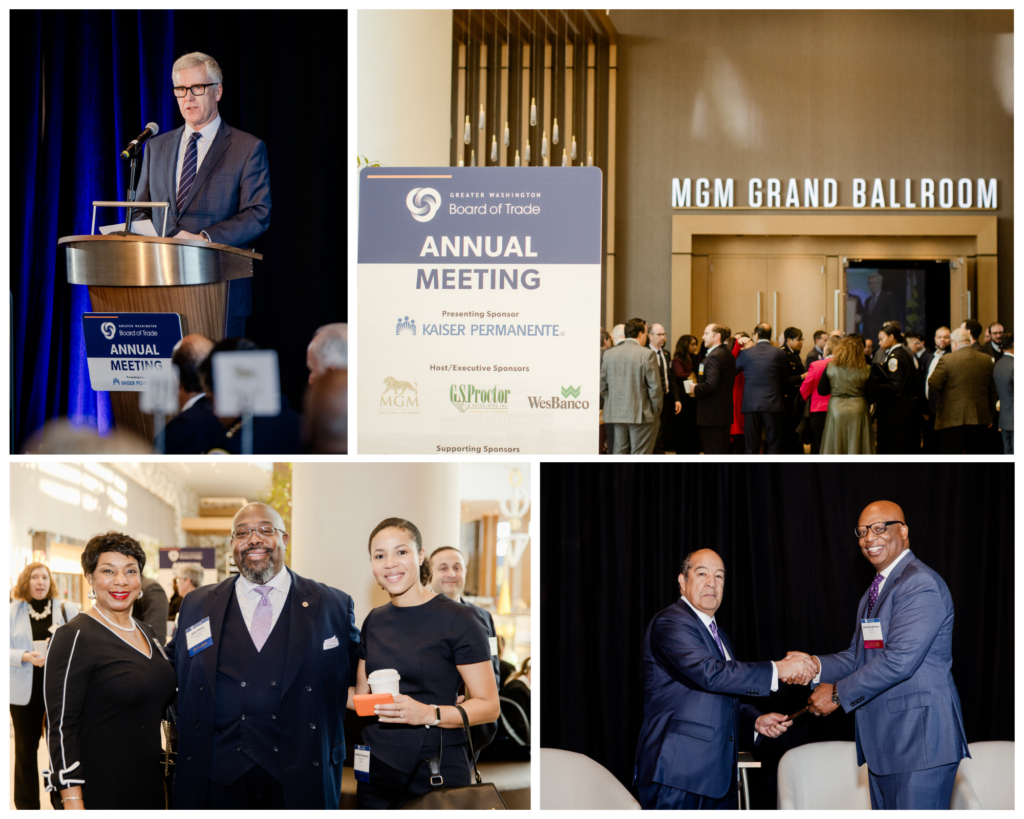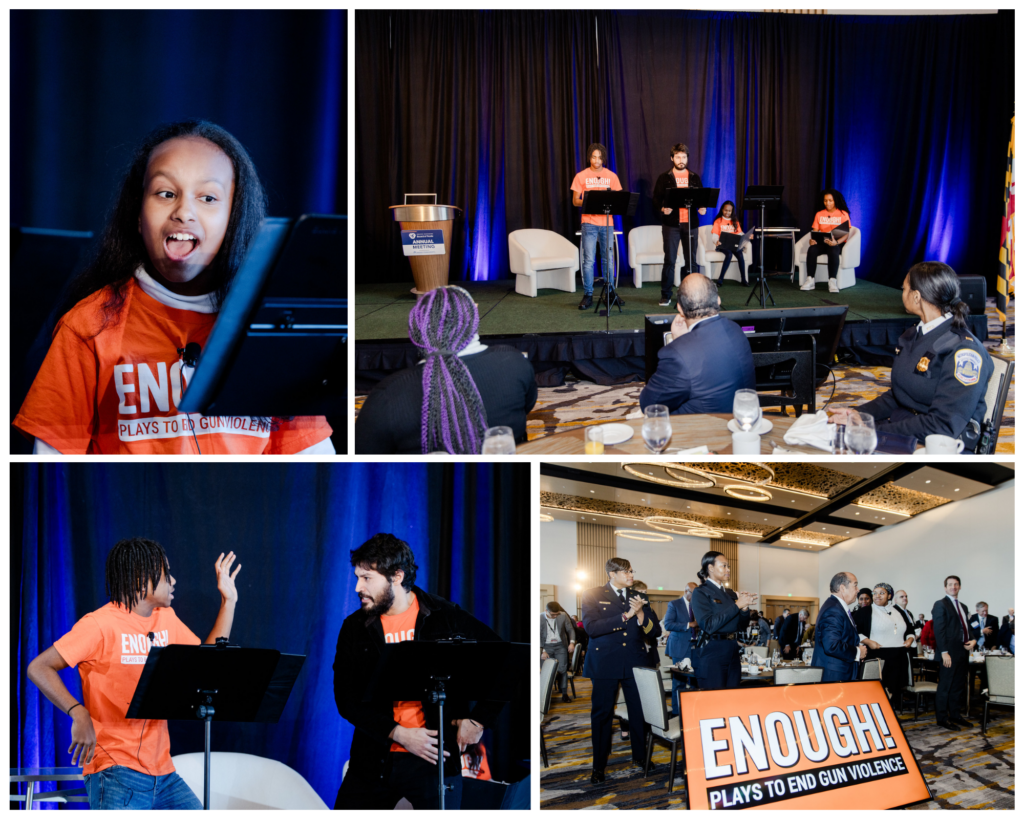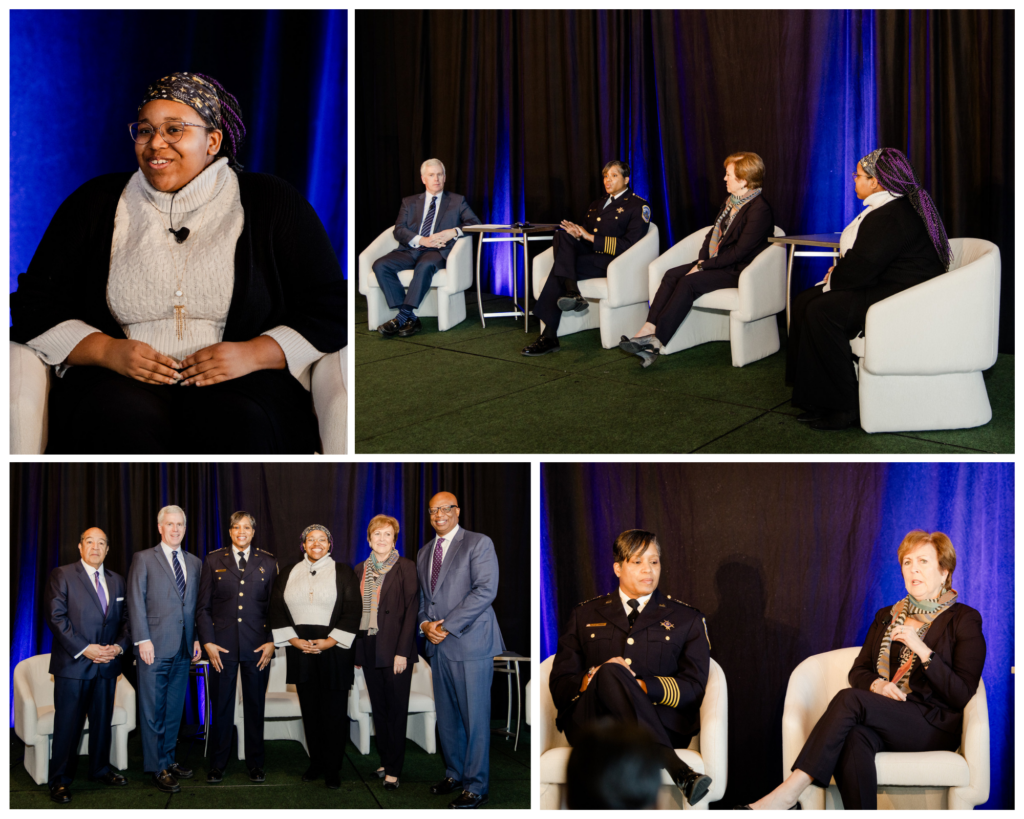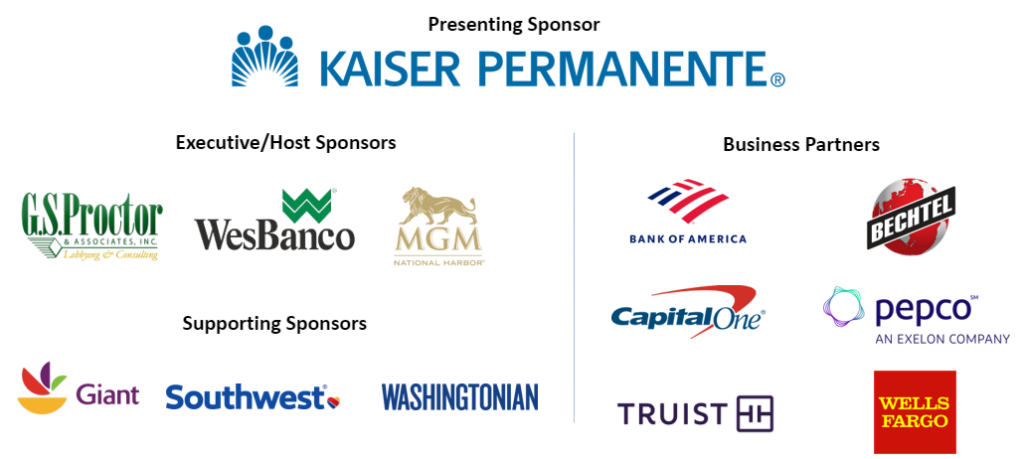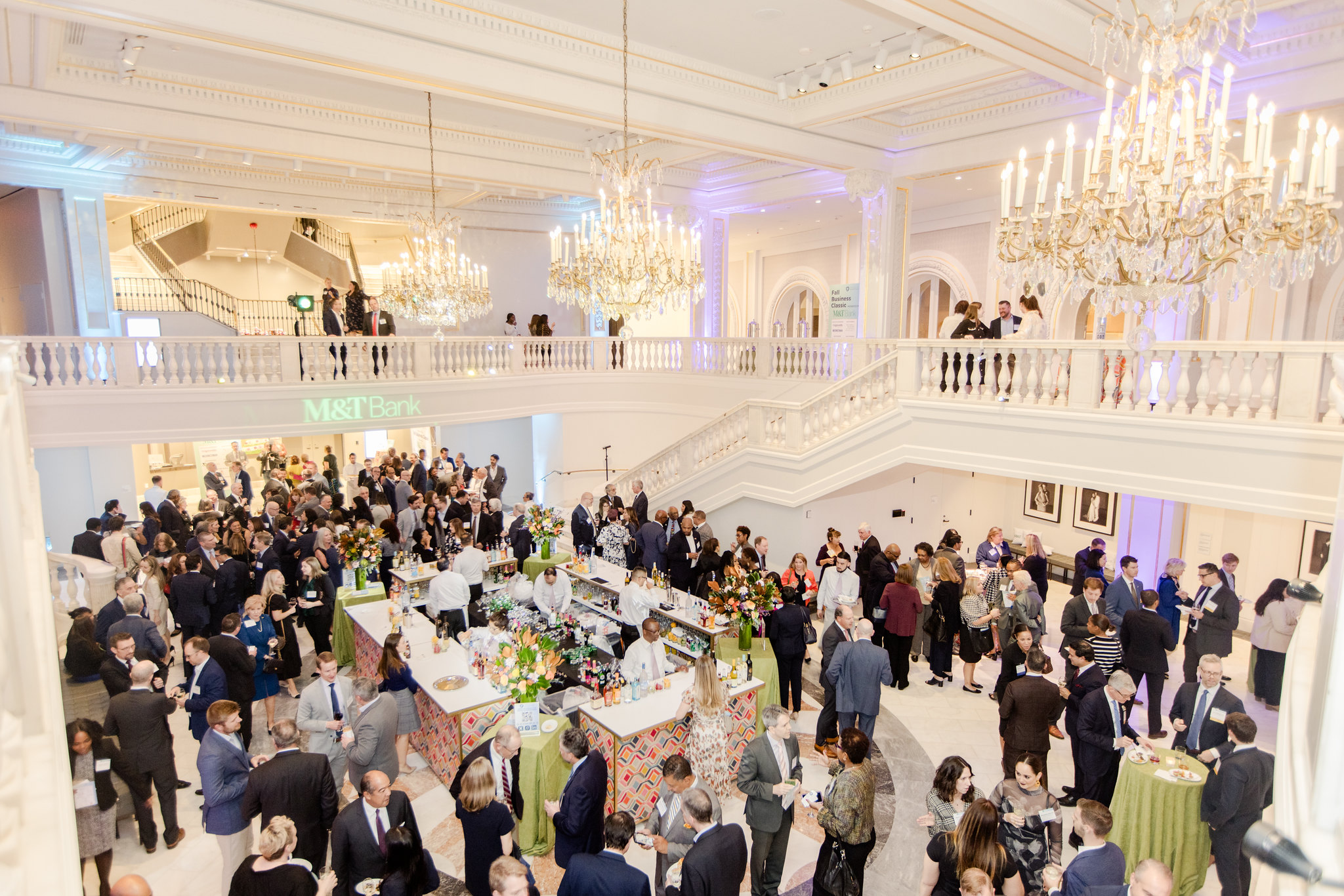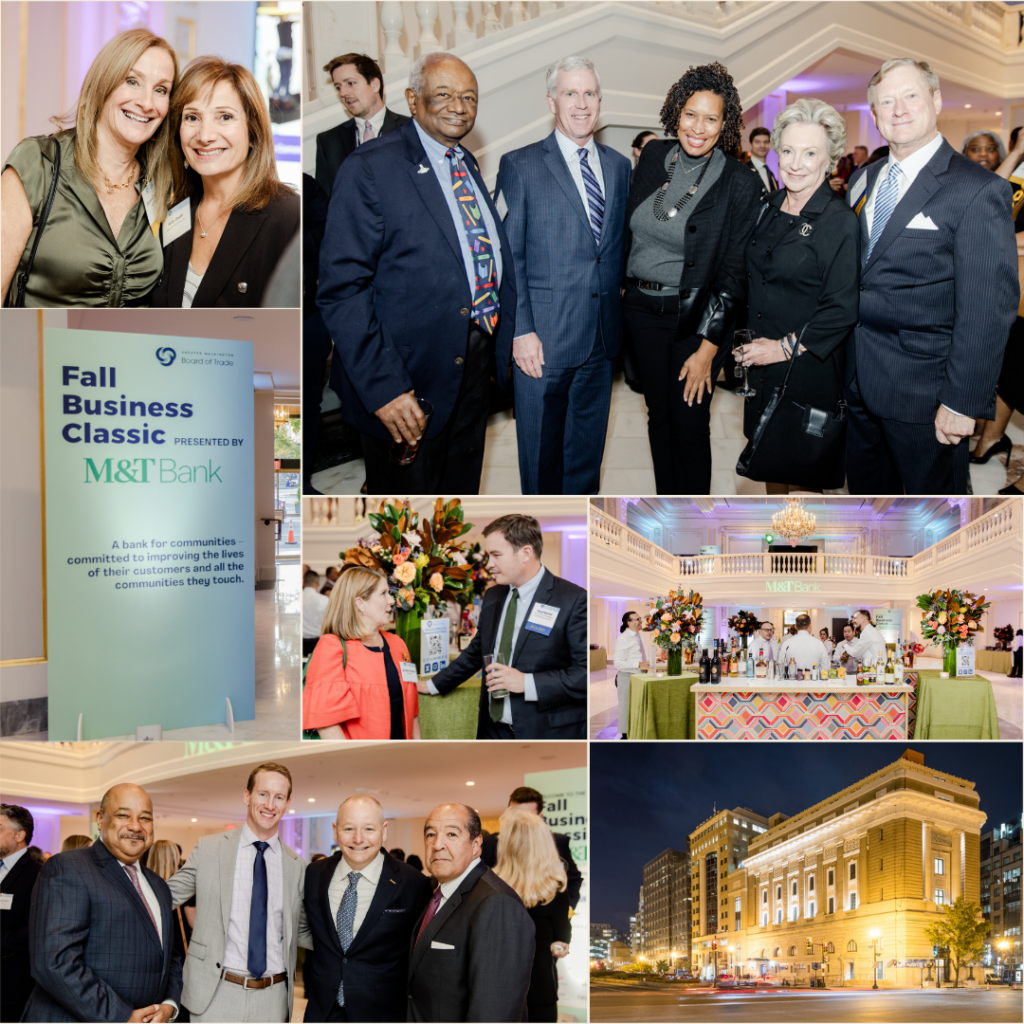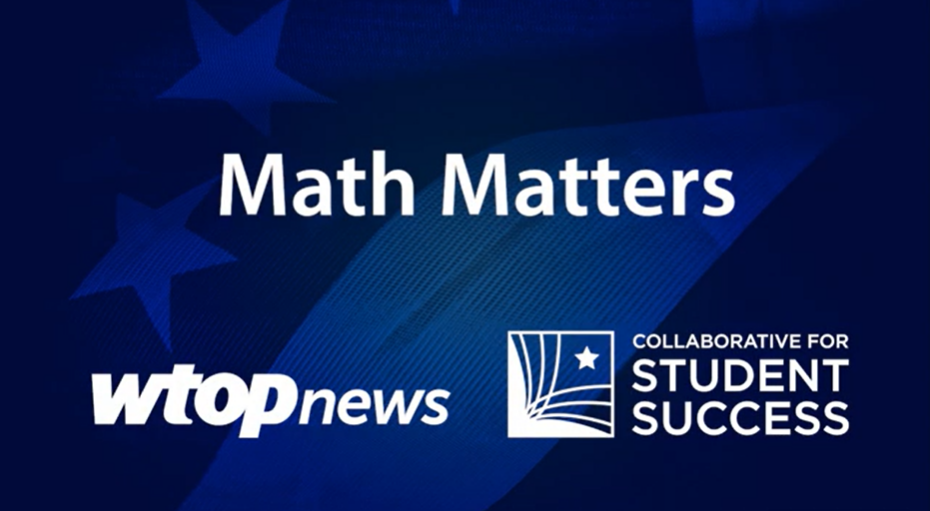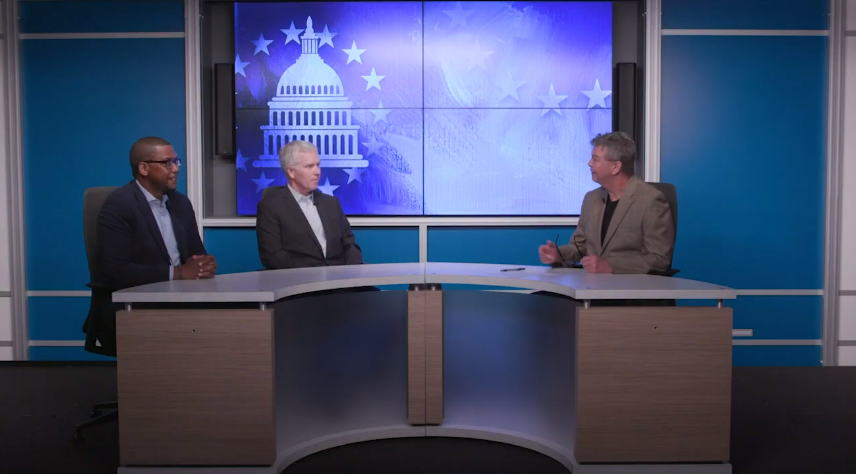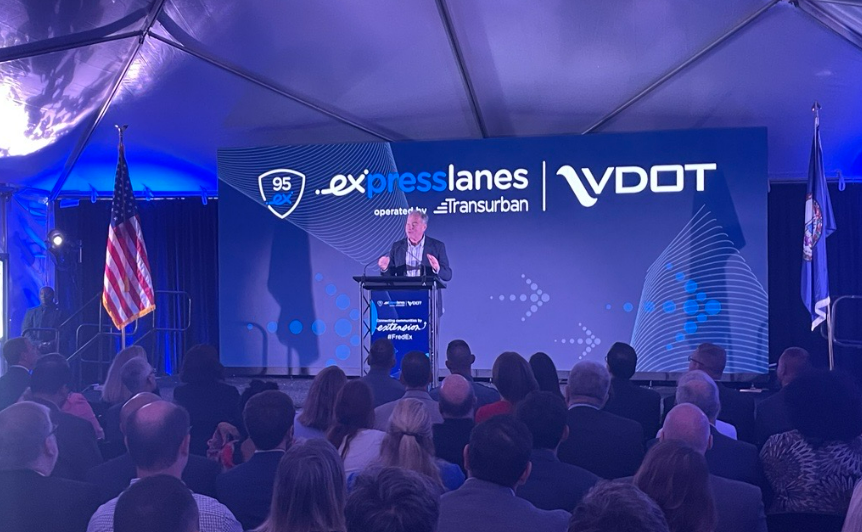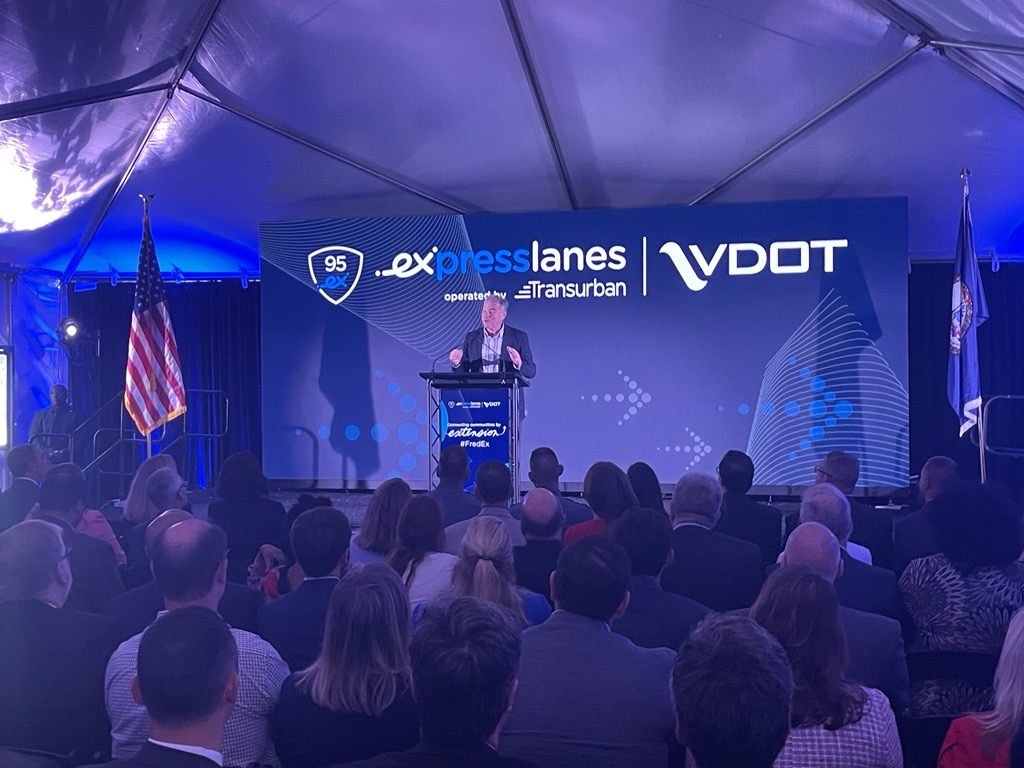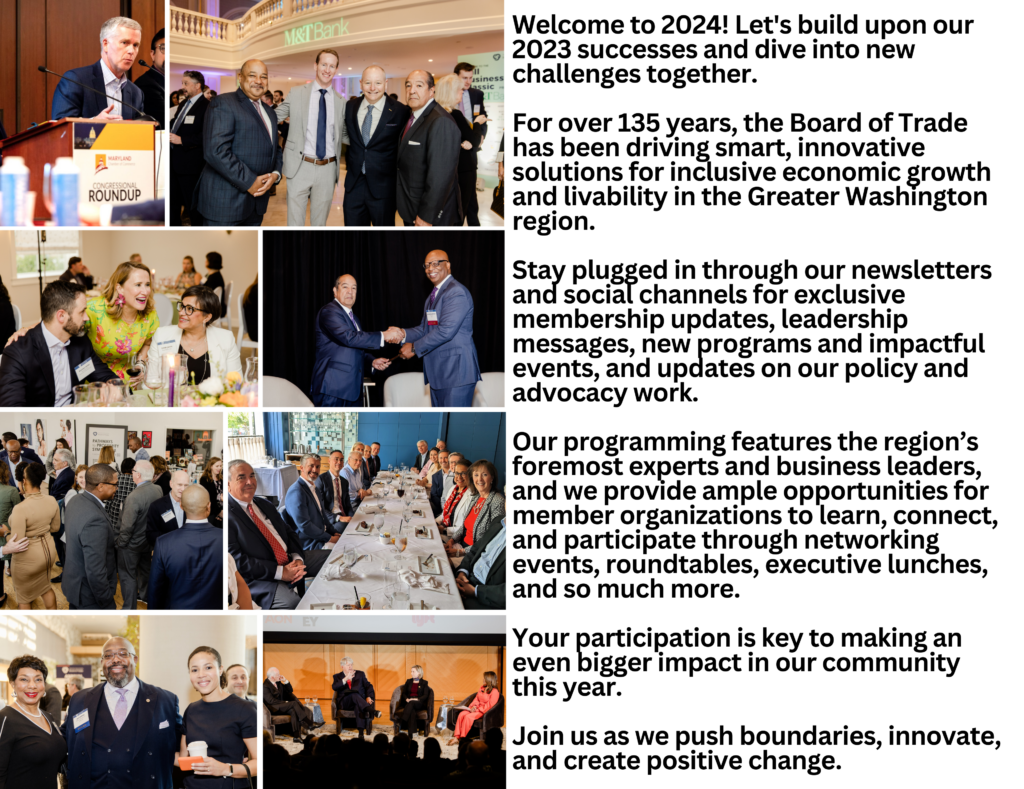
OFFICERS & NEW MEMBERS
2024 Officers

Meet our 2024 Board of Trade officers! At the forefront is Steve Proctor, President and CEO of G.S. Proctor & Associates, who steps into the role of 2024 Board Chair. Together with Steve, this dynamic leadership will continue to guide the Board of Trade as we navigate new intricate and rewarding challenges, promising higher impact and a strengthened network within our community. Embracing these hurdles with the same vigor that defines us, we’re geared up to tackle them head-on, leveraging our experiences and collective strength to make an even greater difference.
See our full list of Board Members here
New Members
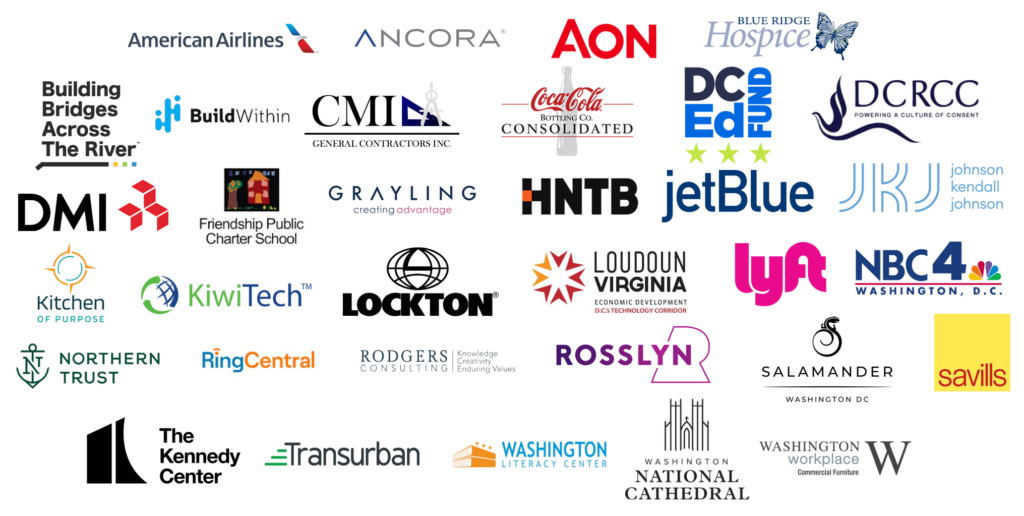
In 2023, we welcomed over 30 esteemed organizations, enriching our community and elevating the Board of Trade to new heights. As we anticipate the exciting opportunities of 2024, our existing members are integral to our success. If you know of an organization that should be part of this thriving community, take action! Reach out today to explore the benefits of joining the Board of Trade community.
See our full list of Member Organizations here
NEW EVENTS & PROGRAMMING
Mid-Winter Dinner at Washington National Cathedral
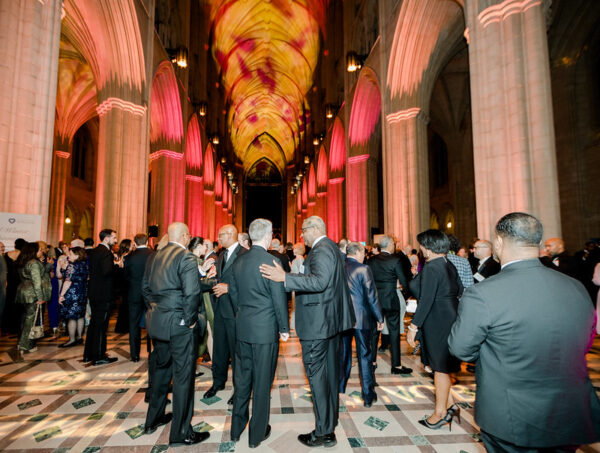
Join us on March 13 at the Washington National Cathedral for our premier event, the 104th Mid-Winter Dinner, presented by PNC Bank. This exclusive black-tie event is your chance to connect with business, government, and community leaders outside the office. Experience a pre-dinner cocktail reception, followed by a seated 3-course dinner, creating valuable connections with key players in the region. Don’t miss this extraordinary night of camaraderie and collaboration – secure your spot now and elevate your presence at the heart of the action!
Regional Policy Leadership Series kicks off with DC Mayor Muriel Bowser
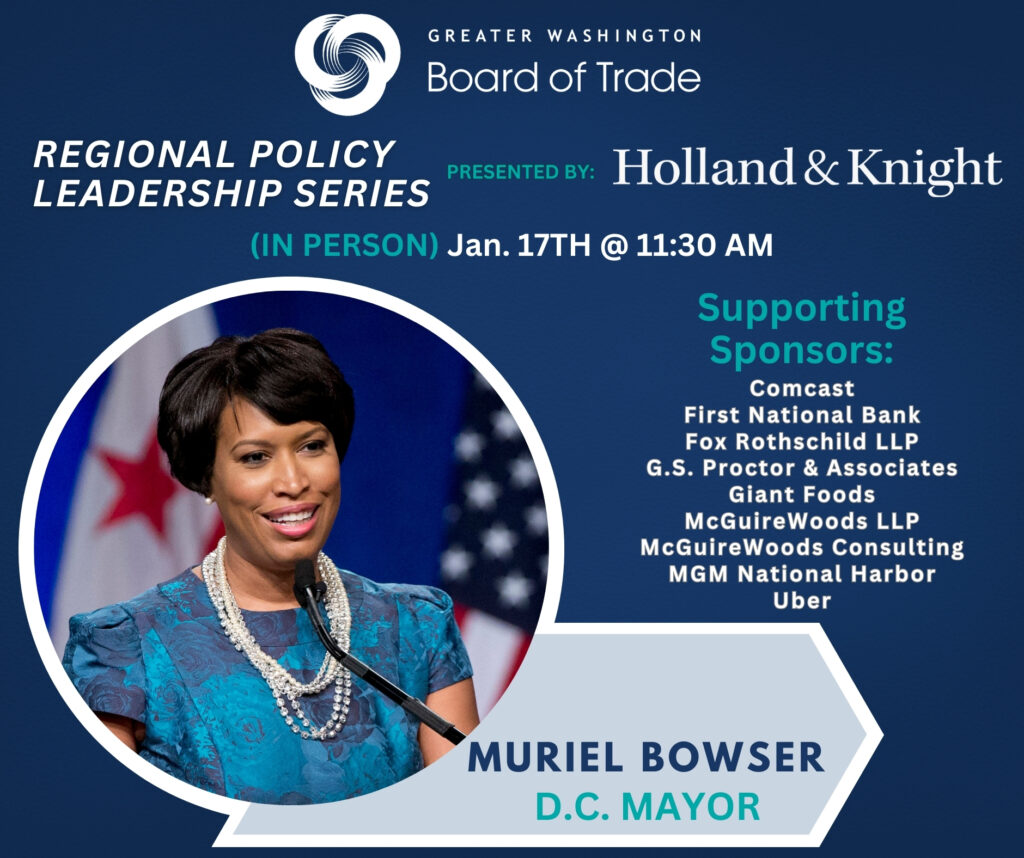
We are pleased to welcome Mayor Muriel Bowser next week at our in-person Regional Policy Leadership Series event on January 17. Join us for a thought-provoking discussion addressing critical issues within DC’s Central Business District. Mayor Bowser will delve into pressing topics such as efforts to enhance public safety, WMATA’s budget-related impacts, and the ongoing challenge of downtown revitalization amidst the prevailing work-from-home dynamic affecting businesses in the District.
EVENT CALENDAR: View more events and professional opportunities
DID YOU MISS THIS?
Annual Meeting Recap
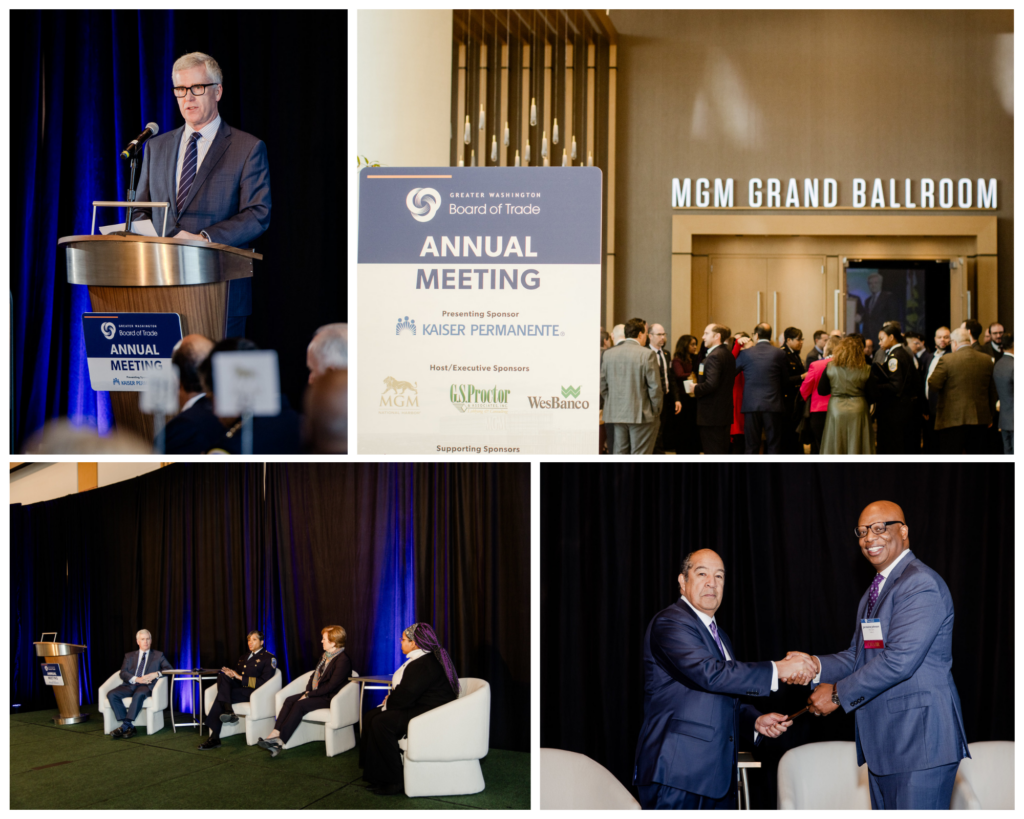
The Board of Trade’s 2023 Annual Meeting at MGM National Harbor was a resounding success! Our outgoing chair, Jermaine Johnson, and 2024 Chair, Steve Proctor, outlined some noteworthy highlights, such as a remarkable 90% member retention rate, an expansion of policy efforts, and strategic plans to address the significant funding gap for WMATA. Presenting sponsor Kaiser Permanente’s Ruth Williams-Brinkley shared their alignment with the Board of Trade and our mutual mission to build healthy communities. Deborah Rutter of the Kennedy Center emphasized the pivotal role of the arts in public safety, featuring discussions on its economic impact and community well-being. A compelling table read from ‘Enough: Plays to End Gun Violence,’ crafted by playwright Niarra C Bell, ignited a panel on crime prevention with MPD’s Chief of Police, Pamela Smith. As we approach 2024, our focus remains on tackling new challenges, advocating fervently, and implementing targeted initiatives to keep our region competitive, engaged, and inclusive.
Click here to read more about this impactful event
Regional Attorneys General
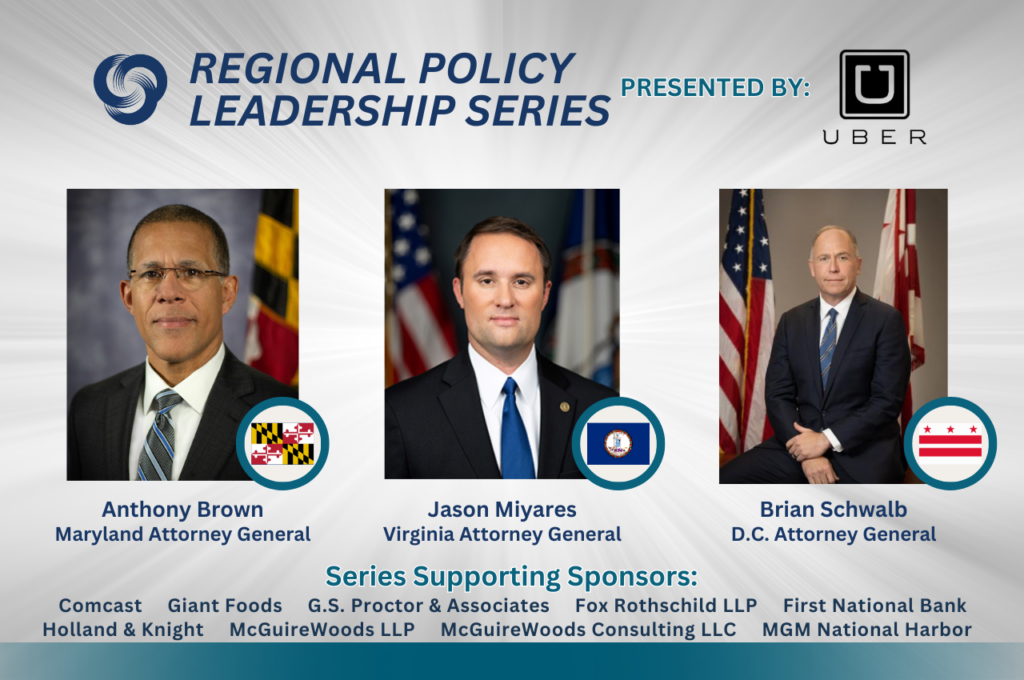
The Board of Trade brought together the Greater Washington region’s attorneys general in mid-December to discuss important issues and topics surrounding Washington D.C., Maryland, and Virginia. Topics ranged from the ongoing Meta lawsuit, the impacts of artificial intelligence, and how our top legal officials in Greater Washington are combating the epidemic of crime in the region.
